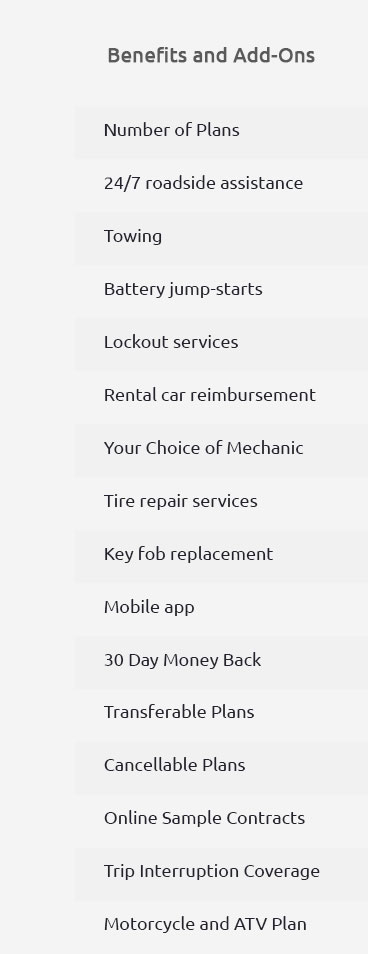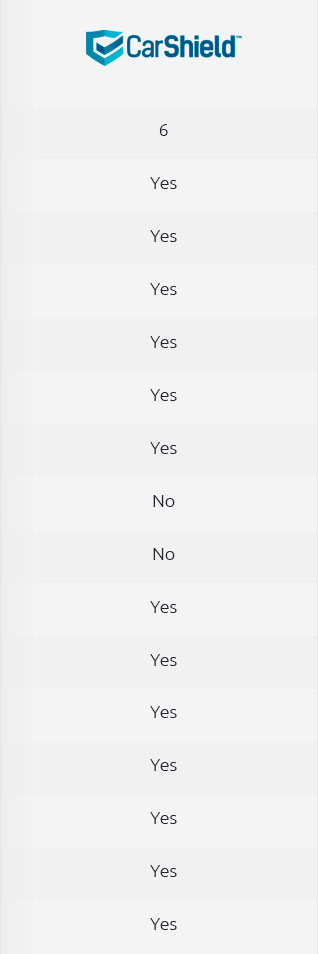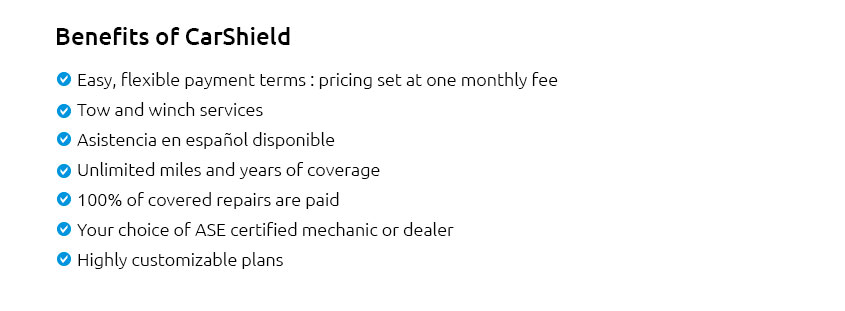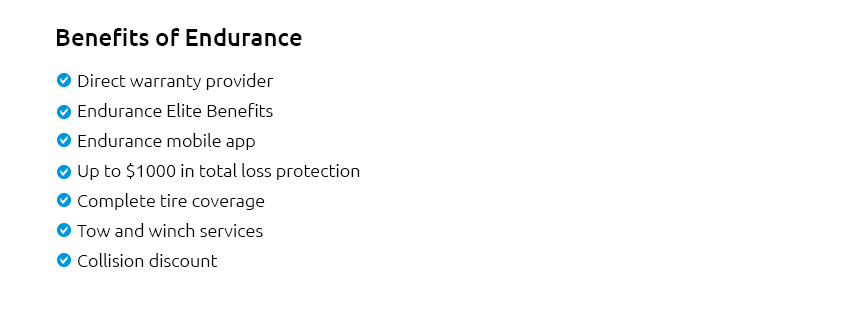 |
 |
 |
Select your vehicle to see available coverage options:
 |
 |
|||
 |
|||
 |
 |
 |
|
 |
|||
 |
|
 |
|
 |
|
 |
|
 |
|
 |
|
 |
|
 |
|

Insurance Gap Coverage: A Comprehensive Guide for U.S. ConsumersIn the world of auto insurance, understanding all the available options can sometimes feel overwhelming. One option that many U.S. consumers may encounter is insurance gap coverage. This form of coverage is designed to give you peace of mind, particularly when dealing with vehicle protection, repair costs, and the potential need for an extended auto warranty. What is Insurance Gap Coverage?Insurance gap coverage, often simply called 'gap insurance,' is a type of coverage that helps bridge the gap between what your car is worth and what you still owe on your loan or lease. This can be especially important if your vehicle is totaled or stolen and the insurance payout is less than the remaining balance on your auto loan. Why Consider Gap Coverage?
Exploring Vehicle Protection OptionsWhen it comes to protecting your vehicle, there are several options available in addition to gap insurance. Many consumers explore extended auto warranties to cover unexpected repair costs. For those driving older vehicles, a best high mileage auto warranty might be an ideal choice to keep their car running smoothly without breaking the bank. Extended Auto WarrantiesExtended warranties can cover repairs and replacements beyond the manufacturer's warranty period. This is particularly beneficial for those who plan to keep their cars for a long time or are buying used vehicles.
For example, if you're driving a BMW, exploring bmw extended auto warranty companies could save you significant repair costs in the long run. FAQs About Insurance Gap CoverageWhat vehicles are eligible for gap insurance?Gap insurance is commonly available for new and leased vehicles. Some insurance companies may also offer it for used cars, especially if financed. Is gap insurance mandatory in the U.S.?Gap insurance is not legally required in the U.S., but some lenders may require it as a condition of the loan or lease. How do I purchase gap insurance?You can purchase gap insurance through your auto insurer or at the dealership when you buy or lease your vehicle. It's always a good idea to compare prices and coverage options. Understanding your options when it comes to vehicle protection and repair costs can provide invaluable peace of mind. Whether you're considering gap coverage or an extended warranty, being informed helps ensure you're prepared for the unexpected. https://www.tdi.texas.gov/tips/gap-insurance.html
Gap insurance covers the difference between what you owe on your car and what it's worth. You might need it if your car is worth less than what you owe on your ... https://www.nationwide.com/personal/insurance/auto/coverages/types/gap
Gap insurance is an optional insurance coverage for newer cars that can be added to your collision insurance policy. It may pay the difference between the ... https://www.libertymutual.com/vehicle/auto-insurance/coverage/gap-coverage
Gap insurance will cover the difference between the amount you owe on the car and what it's currently worth if it is totaled or stolen.
|